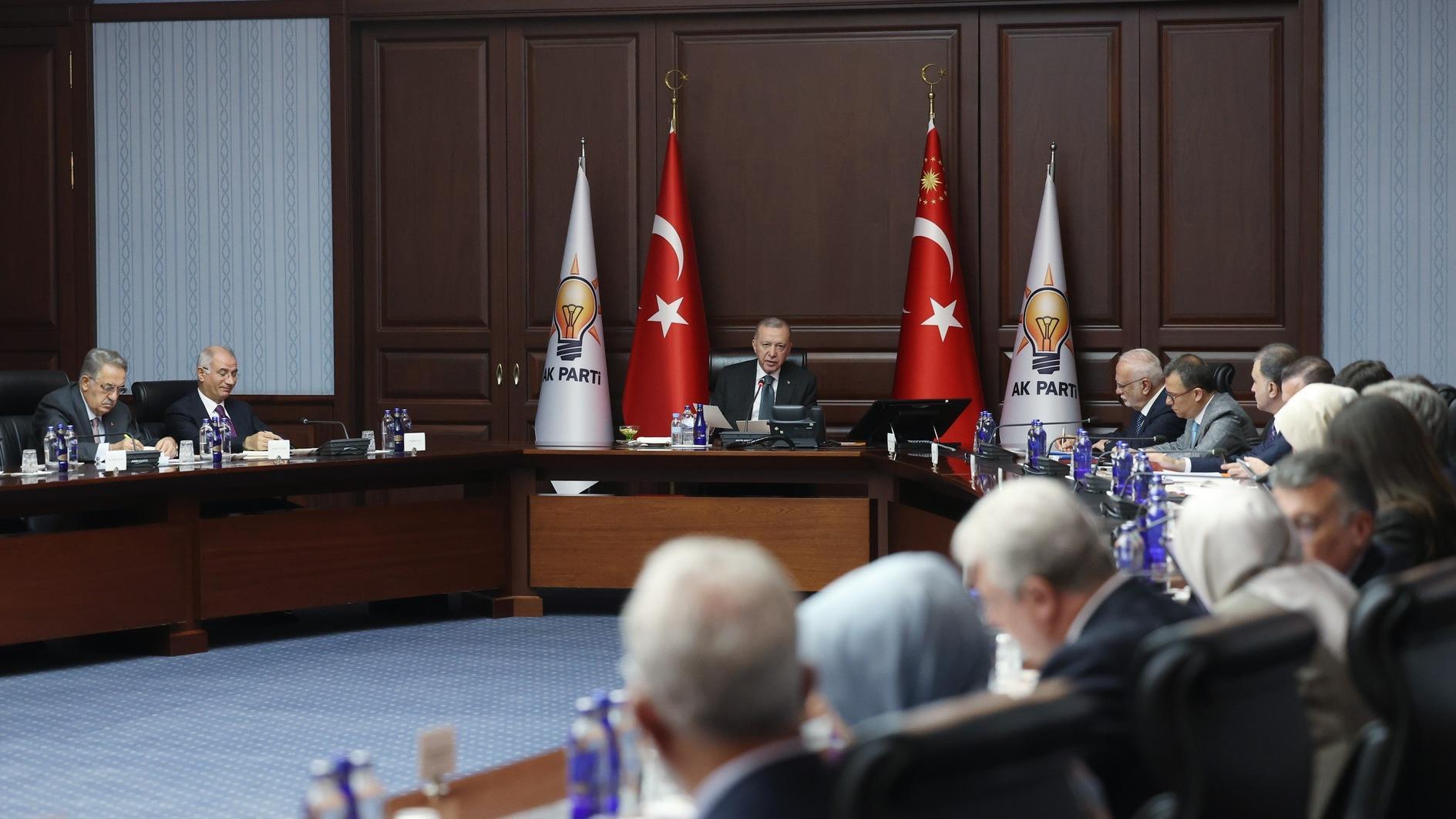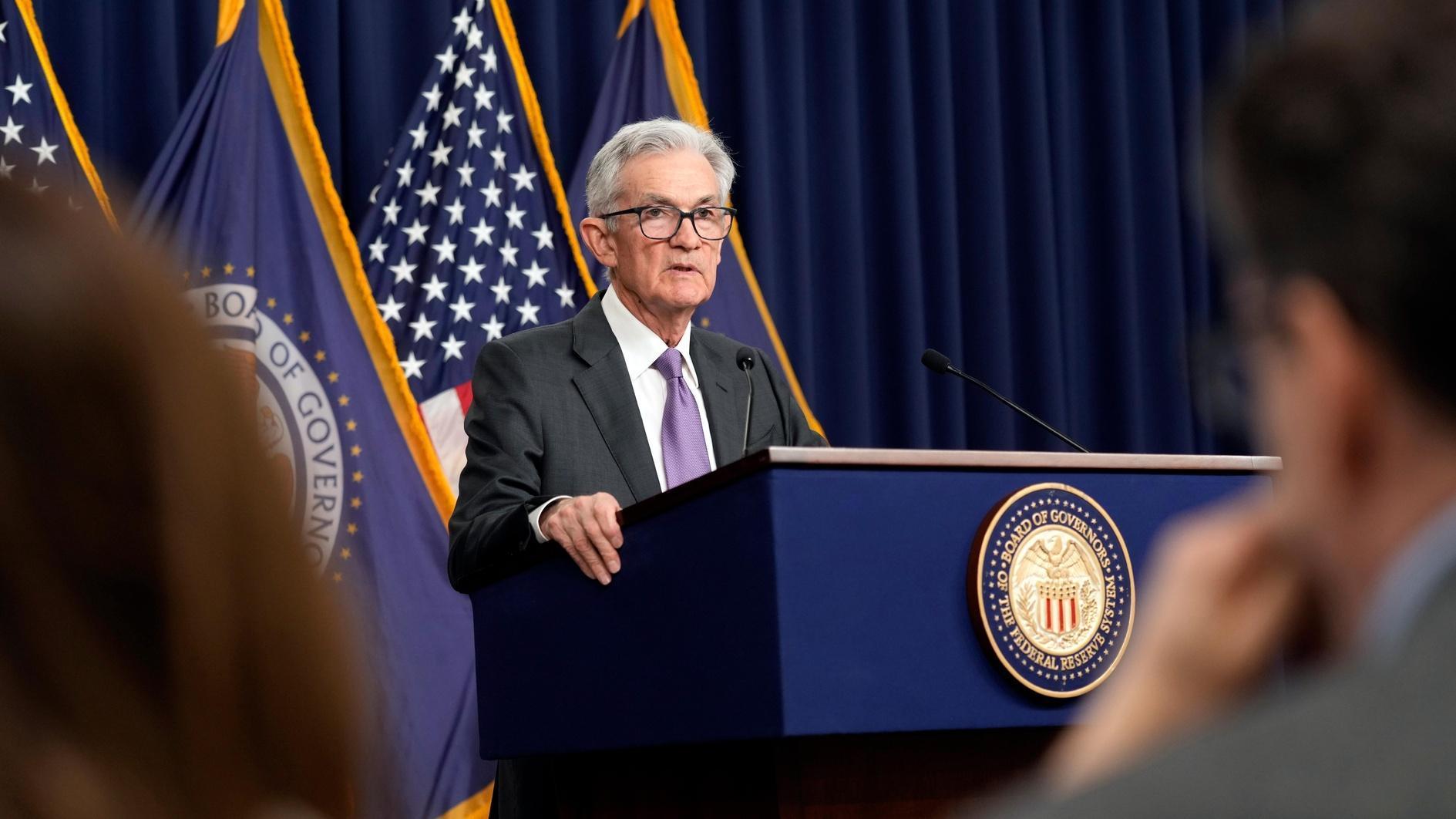The ‘wait and see’ approach
Whenever I speak about an investment in Turkey with a foreign company CEO, this is the sentence that I hear the most: “We will wait and see for now.” Governments have changed and Turkish economy dynamics have changed, but still many executives are waiting to invest in Turkey. Two Turkish prime ministers have even talked with Bill Gates about a huge Microsoft investment, but Microsoft executives are still waiting and seeing. It was Turkey’s business climate when I first started as a reporter. The foreign executives were saying that Turkey has great potential, but the business climate was not right. It was too risky to invest directly in Turkey because the economy could have gone bust at any moment, the inflation was too high and governance was not coherent. Years passed and Turkey found stability in economic management and even S&P and Moody’s have raised Turkey’s credibility. However, foreign firms still choose to wait and see. Now they are waiting for the political climate and business ethics to mature. Turkey and the Justice and Development Party (AKP) government have done many things right, and Turkey is more robust economically. However, we still lack transparency and the one party show that we have been watching for many years has done little to combat against it.
These days it affects technology firms greatly. No one exactly knows what is happing between Telia Sonera, Mehmet Emin Karamehmet, Alfa and the government. Tuesday night, just hours before the Turkcell board meeting, the government issued new legislation that affects İMKB 30 companies. These are mainly telecoms, energy and retail chains. According to the last-minute legislation there will be more neutral members on the boards of these giants. Furthermore these members will be subject to certain criteria, and government-related institutions will have the right to veto proposed names. It is a good move in a good direction as universally more neutral members mean more transparency. More transparency means that the little shareholders will be better protected.
However, there are some who are suspicious about the new legislation and are thinking there are some ulterior motives behind the move. First of all, the timing is really suspicious as it was only hours away from Turkcell’s board meeting in which Telia Sonera was going to push for more neutral members. Critics say the government approved the increase in the neutral members, but they will not let Telia Sonera choose its own proposed members to the board. I believe that it won’t really be a big problem for Telia Sonera as they wanted more transparency. The real question the little investors are asking now is: Who will be those neutral members, and will they be puppets of the government? The same question can be asked for other big companies as well. Is this a move by the government to have an invisible hand in the biggest companies?
I don’t want to think so. But we will wait and see.
That’s exactly what the foreign company CEOs will do as well. They will also wait and see how this new legislation will turn out. Therefore, as in the past, Turkey will lose many opportunities. I don’t have any doubt the government wants FDI. I don’t doubt they want more transparency and better governance in Turkish firms and their actions are all to secure those. However the timing and manner of actions are also as important as the actions themselves. They also communicate to investors.
The government’s issuing a last-minute legislation that affects one of the biggest FDIs ever in Turkey sent a clear signal to all other foreign firms that the business atmosphere is still not mature enough in Turkey. Now the foreign CEOs think the one-man show in Turkey can change the rules of the game even hours before board meetings. Wouldn’t you just wait and see?











